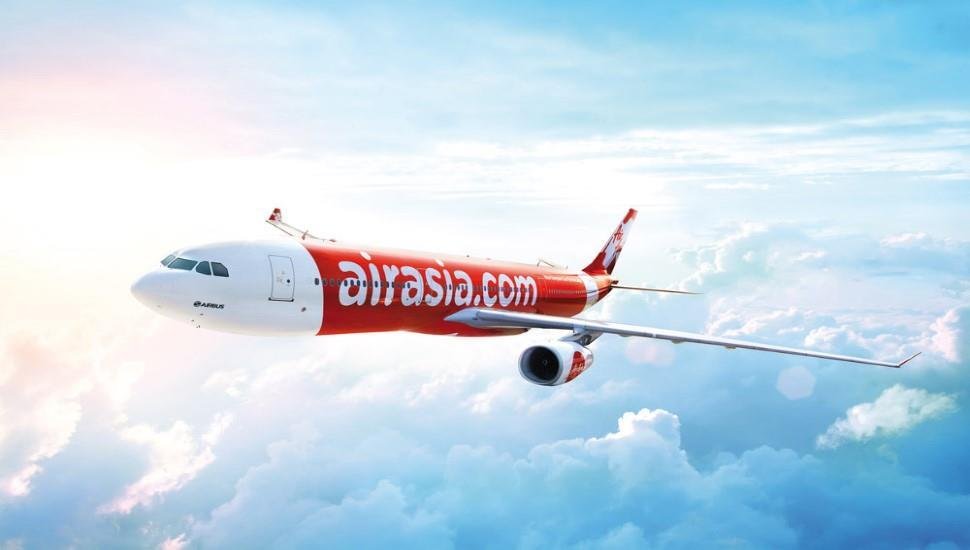Air travel disruptions have emerged as a persistent issue for passengers in India, encompassing delays, cancellations, and denied boarding incidents. The frequency of such disruptions has reached a point where a substantial number of travellers have experienced inconveniences, prompting them to seek compensation from airlines. These challenges have become a recurrent concern, highlighting the need for a comprehensive examination of the root causes and the development of effective solutions to enhance the overall air travel experience.
In recent times, a significant number of passengers in India have found themselves grappling with the repercussions of air travel disruptions, prompting increased compensation claims from affected individuals. Delays, cancellations, and denied boarding incidents collectively contribute to the growing dissatisfaction among passengers, as their travel plans are often derailed, leading to frustration and inconvenience.
The primary cause of flight disruptions in North India, particularly in the Indira Gandhi International (IGI) airport, New Delhi, was dense fog. The adverse weather conditions led to a cascade of delays and cancellations across airline networks, affecting not only the capital city but also causing ripples in other parts of the country.
The situation at IGI airport was exacerbated by the fact that one of the runways equipped for low-visibility operations was under maintenance, rendering it non-operational for weeks. Furthermore, the only operational CAT IIIB-compliant runway was reportedly downgraded in the category due to construction activity nearby. This limited the capacity for CAT IIIB landings to operate from only one side of the runway, contributing to delays.
Airlines operate in a complex network where aircraft and crew serve on multiple flights throughout the day. Delays, especially due to factors like fog, can lead to exceeding crew duty time limits and a lack of parking stands for incoming aircraft, further complicating operations. This scenario results in a cascading impact on airline networks, similar to a courier service experiencing delays in delivering planned orders.
The congestion and disruptions at IGI Airport had a cascading effect on other major airports, exemplified by Mumbai Airport. Despite being unaffected by fog, Mumbai experienced delays and cancellations due to the network congestion caused by delays at Delhi Airport. The Delhi-Mumbai route, being the busiest in India, saw a significant impact on over 700 weekly flights between the political and financial capitals.
Extended delays, coupled with congestion, can lead to flight crew exceeding their Flight Duty Time Limitation (FDTL). The Directorate General of Civil Aviation (DGCA) enforces strict compliance with FDTL guidelines to mitigate fatigue-related risks in aircraft operations. Crew shortages due to FDTL norms, combined with delays in take-off and finding gates after arrival, create a rapid and significant impact on airline operations.
Compensation For Delays, Cancellations, And Denied Boarding
In the month of November, a notable surge in passenger disruptions became evident, with a significant number of individuals facing inconveniences during their air travel experiences. The statistics reveal that 2.69 lakh passengers were compensated for delays, 40 thousand for cancellations, and 1231 for denied boarding. This upswing in compensation claims underscores the escalating frequency of incidents affecting passengers and has become a focal point for discussions on social media platforms. Passengers, now more than ever, are vocalizing their challenges, shedding light on the complexities and hurdles they encounter within airport operations.
The data highlights a pressing need for the aviation industry to address the recurring issues leading to delays, cancellations, and denied boarding. As passengers share their experiences on social media, these platforms serve as a public forum for expressing grievances and demanding improved services. The increased visibility of these challenges on social media not only reflects the extent of the problem but also exerts pressure on airlines and aviation authorities to enhance their operational efficiency and passenger satisfaction.
https://googleads.g.doubleclick.net/pagead/ads?client=ca-pub-7914966845615769&output=html&h=50&slotname=2553478167&adk=1948469536&adf=4173377663&pi=t.ma~as.2553478167&w=320&lmt=1705808406&format=320×50&url=https%3A%2F%2Fedtimes.in%2Fhere-are-the-rights-you-can-exercise-if-your-flight-is-delayed%2F&wgl=1&uach=WyJXaW5kb3dzIiwiMTUuMC4wIiwieDg2IiwiIiwiMTIwLjAuNjA5OS4yMjUiLG51bGwsMCxudWxsLCI2NCIsW1siTm90X0EgQnJhbmQiLCI4LjAuMC4wIl0sWyJDaHJvbWl1bSIsIjEyMC4wLjYwOTkuMjI1Il0sWyJHb29nbGUgQ2hyb21lIiwiMTIwLjAuNjA5OS4yMjUiXV0sMF0.&dt=1705815238945&bpp=1&bdt=174&idt=128&shv=r20240118&mjsv=m202401160101&ptt=9&saldr=aa&abxe=1&cookie=ID%3De533af045bf3563f%3AT%3D1701940983%3ART%3D1705814601%3AS%3DALNI_MaAIKfHX1UPfeTn9RJz_kCykSaEkw&gpic=UID%3D00000ca68bcff87f%3AT%3D1701940983%3ART%3D1705814601%3AS%3DALNI_MbBvHRzlZH6Xi5fTeIbIpF36qceVg&prev_fmts=0x0&nras=1&correlator=1769721624394&frm=20&pv=1&ga_vid=32955983.1701940971&ga_sid=1705815239&ga_hid=429531302&ga_fc=1&ga_cid=2068886271.1705814586&u_tz=330&u_his=4&u_h=864&u_w=1536&u_ah=816&u_aw=1536&u_cd=24&u_sd=1.25&dmc=8&adx=226&ady=2637&biw=1519&bih=730&scr_x=0&scr_y=0&eid=95320239%2C44759875%2C44759926%2C31080443%2C44809530%2C95322184%2C95320890%2C95321626%2C95322165%2C31078663%2C31078665%2C31078668%2C31078670&oid=2&pvsid=884226837388008&tmod=180081491&uas=0&nvt=1&ref=https%3A%2F%2Fedtimes.in%2F&fc=1920&brdim=0%2C0%2C0%2C0%2C1536%2C0%2C1536%2C816%2C1536%2C730&vis=1&rsz=%7C%7CoeEbr%7C&abl=CS&pfx=0&cms=2&fu=0&bc=31&bz=1&td=1&psd=W251bGwsbnVsbCxudWxsLDNd&nt=1&ifi=2&uci=a!2&btvi=1&fsb=1&dtd=131
The statistics indicate a call for proactive measures to mitigate the challenges faced by passengers, emphasizing the urgency for airlines and regulatory bodies to collaboratively work towards smoother and more reliable air travel experiences. The discourse on social media acts as a catalyst for change, pushing the industry to implement solutions that address the root causes of these disruptions and foster a more seamless and passenger-friendly air travel environment.
DGCA Regulations For Denied Boarding
The Directorate General of Civil Aviation (DGCA) has established explicit Civil Aviation Regulations (CAR) to effectively manage instances of denied boarding, aiming to safeguard passenger rights and ensure fair compensation. According to these regulations, airlines are initially mandated to seek volunteers who are willing to give up their seats on an overbooked flight. In the event that there is an involuntary denial of boarding, the airline is then obligated to promptly arrange an alternate flight for affected passengers within one hour of the original scheduled departure.
Should the alternate flight be delayed beyond a certain threshold, the compensation provided to passengers is significantly increased. Specifically, passengers are entitled to receive compensation at a rate of 200% of the booked one-way fare if the alternate flight is more than 24 hours later than the initially scheduled departure time. This escalation in penalties for longer delays underscores the DGCA’s commitment to holding airlines accountable for disruptions and emphasizes the importance of swift corrective measures to minimize the impact on passengers.






